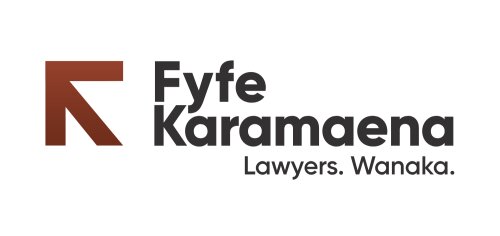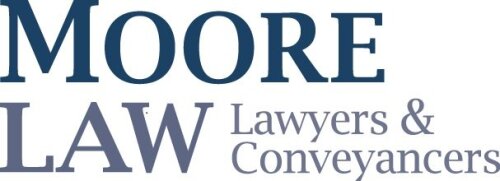Best Whistleblower & Qui Tam Lawyers in New Zealand
Share your needs with us, get contacted by law firms.
Free. Takes 2 min.
Or refine your search by selecting a city:
List of the best lawyers in New Zealand
About Whistleblower & Qui Tam Law in New Zealand:
Whistleblower & Qui Tam laws in New Zealand are designed to protect individuals who report misconduct, fraud, or illegal practices within their workplace or government agencies. These laws provide legal remedies and protection for whistleblowers who come forward with information about wrongdoing.
Why You May Need a Lawyer:
You may require a lawyer in Whistleblower & Qui Tam cases if you have witnessed illegal activities in your workplace or government agency and are considering reporting it. A lawyer can help you understand your rights, guide you through the legal process, and protect you from retaliation.
Local Laws Overview:
In New Zealand, the Protected Disclosures Act 2000 provides legal protections for whistleblowers who report wrongdoing in the public and private sectors. The Act establishes procedures for making disclosures, protects whistleblowers from reprisals, and provides remedies for retaliation.
Frequently Asked Questions:
1. What is whistleblowing?
Whistleblowing is the act of reporting misconduct, fraud, or illegal activities within an organization or government agency.
2. What is Qui Tam?
Qui Tam is a legal provision that allows private individuals to file lawsuits on behalf of the government to recover losses resulting from fraud or misconduct.
3. Can I remain anonymous when blowing the whistle?
Yes, the Protected Disclosures Act allows whistleblowers to make anonymous disclosures, although providing your identity may enhance the credibility of your report.
4. What protections are available for whistleblowers in New Zealand?
Whistleblowers in New Zealand are protected from reprisals, such as dismissal or harassment, under the Protected Disclosures Act.
5. Can I receive a reward for blowing the whistle?
In some cases, whistleblowers may be eligible for a reward or a percentage of the funds recovered as a result of Qui Tam lawsuits.
6. How can a lawyer help me with a Whistleblower & Qui Tam case?
A lawyer can advise you on your legal rights, assist you in making a disclosure, represent you in legal proceedings, and protect you from retaliation.
7. What is the statute of limitations for filing a Qui Tam lawsuit?
The statute of limitations for filing a Qui Tam lawsuit in New Zealand is six years from the date of the alleged violation.
8. What evidence do I need to support my whistleblower claim?
You should gather any documents, emails, or other evidence that support your allegations of misconduct or fraud.
9. Can I be fired for whistleblowing?
No, under the Protected Disclosures Act, it is illegal for employers to retaliate against whistleblowers by firing or mistreating them.
10. How do I report wrongdoing under the Protected Disclosures Act?
You can make a protected disclosure to your employer, a designated authority, or the New Zealand Authorities. It is advisable to seek legal advice before making a disclosure.
Additional Resources:
For more information on Whistleblower & Qui Tam laws in New Zealand, you can visit the New Zealand government's website or consult with organizations like Transparency International New Zealand.
Next Steps:
If you believe you have information about misconduct or fraud and are considering blowing the whistle, it is important to seek legal advice from a qualified lawyer who specializes in Whistleblower & Qui Tam cases. They can guide you through the process and protect your rights as a whistleblower.
Lawzana helps you find the best lawyers and law firms in New Zealand through a curated and pre-screened list of qualified legal professionals. Our platform offers rankings and detailed profiles of attorneys and law firms, allowing you to compare based on practice areas, including Whistleblower & Qui Tam, experience, and client feedback.
Each profile includes a description of the firm's areas of practice, client reviews, team members and partners, year of establishment, spoken languages, office locations, contact information, social media presence, and any published articles or resources. Most firms on our platform speak English and are experienced in both local and international legal matters.
Get a quote from top-rated law firms in New Zealand — quickly, securely, and without unnecessary hassle.
Disclaimer:
The information provided on this page is for general informational purposes only and does not constitute legal advice. While we strive to ensure the accuracy and relevance of the content, legal information may change over time, and interpretations of the law can vary. You should always consult with a qualified legal professional for advice specific to your situation.
We disclaim all liability for actions taken or not taken based on the content of this page. If you believe any information is incorrect or outdated, please contact us, and we will review and update it where appropriate.
Browse whistleblower & qui tam law firms by city in New Zealand
Refine your search by selecting a city.

















